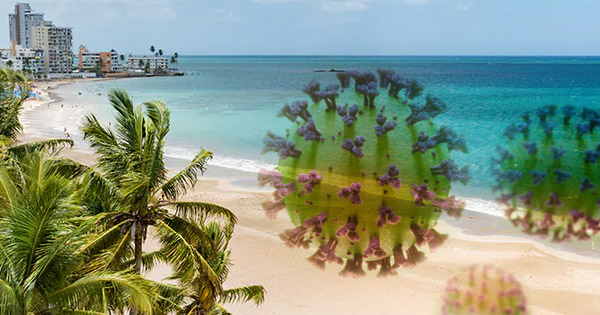A group of researchers from the Medical Sciences Campus of the University of Puerto Rico (UPR) made important discoveries regarding the response of individuals to the administration of the vaccine against covid-19.
As part of the results, the researchers were able to verify that those people who had contracted Covid-19 and then were vaccinated, generated a better response than those who had not been infected with the coronavirus that causes the disease.
“This, because his immune system had already been exposed; they develop a more comprehensive memory-type response ”, explained in written statements Dr. Ana M. Espino, professor and director of the Parasite Immunology Laboratory of the Microbiology Department of the campus.
However, the research revealed that this difference disappears with the second dose, with which those not exposed to the virus improve the amount and function of their antibodies.
For his part, Dr. Carlos Sariol, director of the Comparative Medicine Unit and leader of the group of researchers, highlighted that one of the most relevant findings of the study is that, despite the fact that the antibodies induced by both infection and vaccination tend to decay, the values of their function are maintained for a longer time.
“Essentially, this means that, although the levels of total antibodies are being lost, those that are effective last longer,” Sariol added.
The group is now concentrating its efforts on characterizing the response to the variants that are known to have circulated in Puerto Rico.
“We have seen that the best response both after natural infection and after vaccination is precisely against the Delta variant. This is to some extent fortunate, because the prevailing strain is neutralized quite well, “said Sariol, who mentioned that this” is reflected in a limited number of serious cases and hospitalizations of vaccinated people. “
Meanwhile, the co-author of the investigative work, Dr. Petraleigh Pantoja, described the process as “intense.”
“Since the pandemic began, we have been working to make this investigation possible,” she said.
The results of the research were published in the prestigious scientific journal Viruses and were reviewed by scientists of international recognition.
